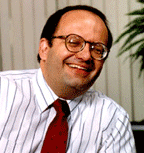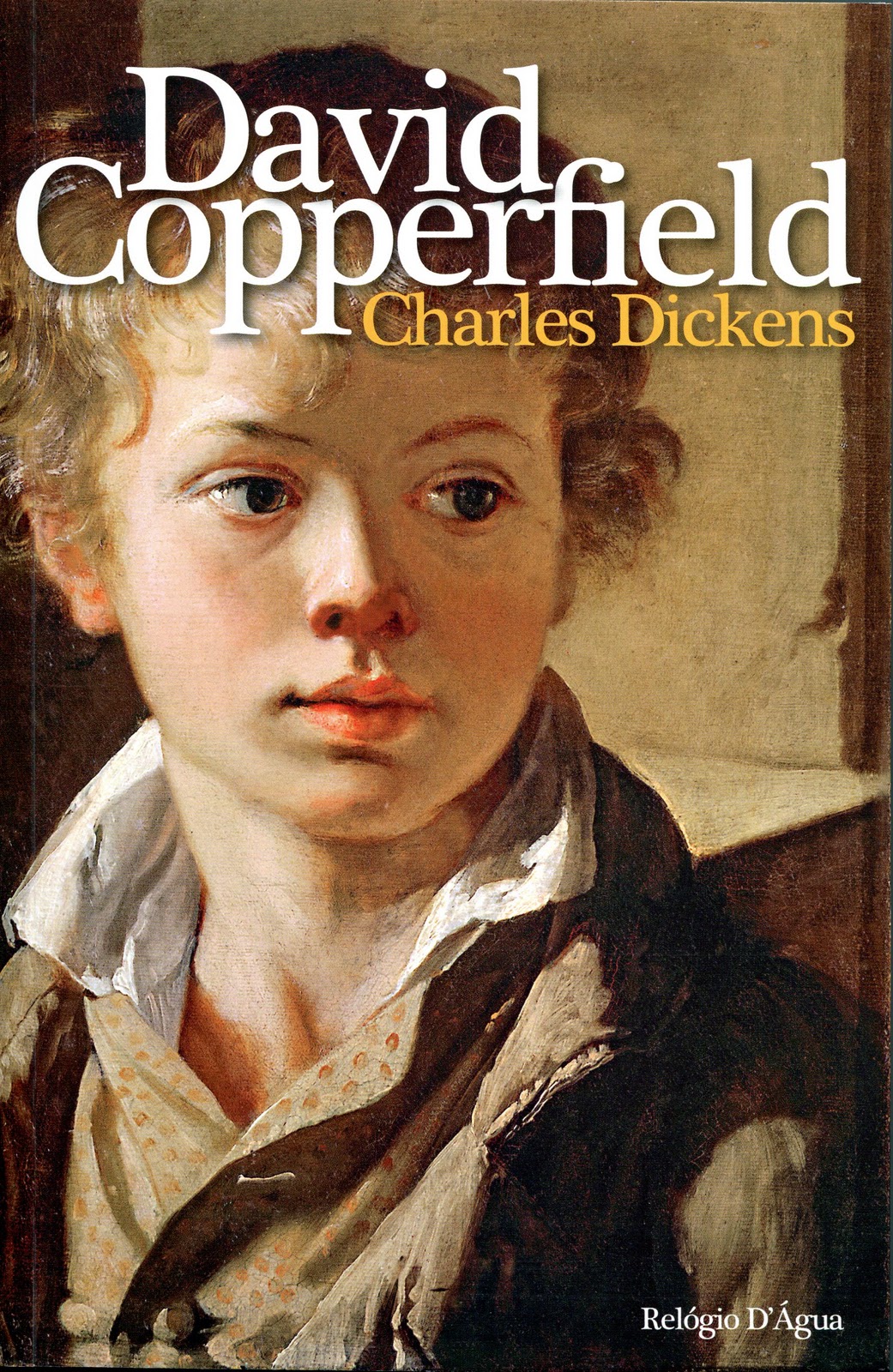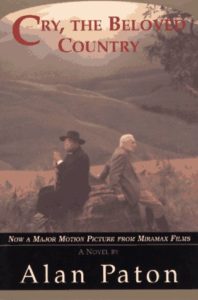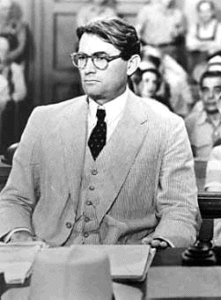It is Easter morning 2017. Most of my neighborhood is still asleep and the sky is just starting to brighten over the mountains. Easter is such a special day.
When God, our Father, sent us to this earth he gave us agency to choose how we would live. Many of us choose love and caring for those around us. Many choose hate and war against those who are different. Many choose to build good families while others choose sexual behaviors that tear at or eliminate the foundation of a family. All of us unintentionally harm others and suffer the purposeful or unintended consequences of the acts of others.
Into a world filled with the pain caused by people’s choices was born Jesus Christ, the Son of God the Father and Mary of Nazareth. Because of his special role as the Son of God he could choose not to die. But he did choose to die so that we might live again. He committed no sin himself, but chose to pay the consequences of the choices of all of us, his brothers and sisters.
Because of his sacrifice we may live again. Because of his sacrifice we may overcome the consequences of our mistakes and those of others. It is now our choice whether we will follow him and avail ourselves of what he has to offer. This is the hope of Easter. This is the hope of Christ. This is my hope on this quiet morning. I choose to follow him as best I can.


 Author: Douglass Freeman
Author: Douglass Freeman Author: David McCullough
Author: David McCullough Author: Ron Chernow
Author: Ron Chernow H. Rider Haggard wrote many stories, mostly about Africa. The Allan Quatermain stories are the ones I enjoy the most. They are pure escape adventures in east Africa. I like older novels because there is none of the gratuitous sex and graphic violence in modern novels.
H. Rider Haggard wrote many stories, mostly about Africa. The Allan Quatermain stories are the ones I enjoy the most. They are pure escape adventures in east Africa. I like older novels because there is none of the gratuitous sex and graphic violence in modern novels. Still working on my watercolors. The shape turned out easier than getting the smooth surface of the petals right.
Still working on my watercolors. The shape turned out easier than getting the smooth surface of the petals right. A “Hawaiian Cardinal” that we saw on Oahu. It really is a Brazilian Taneger that came to Hawaii quite some time ago. We found him in the parking lot outside of a Kentucky Fried Chicken. My wife took the picture and I painted him in our granddaughter Tansy’s hospital room. She like to watch me paint when she was too sick to do anything else.
A “Hawaiian Cardinal” that we saw on Oahu. It really is a Brazilian Taneger that came to Hawaii quite some time ago. We found him in the parking lot outside of a Kentucky Fried Chicken. My wife took the picture and I painted him in our granddaughter Tansy’s hospital room. She like to watch me paint when she was too sick to do anything else.


